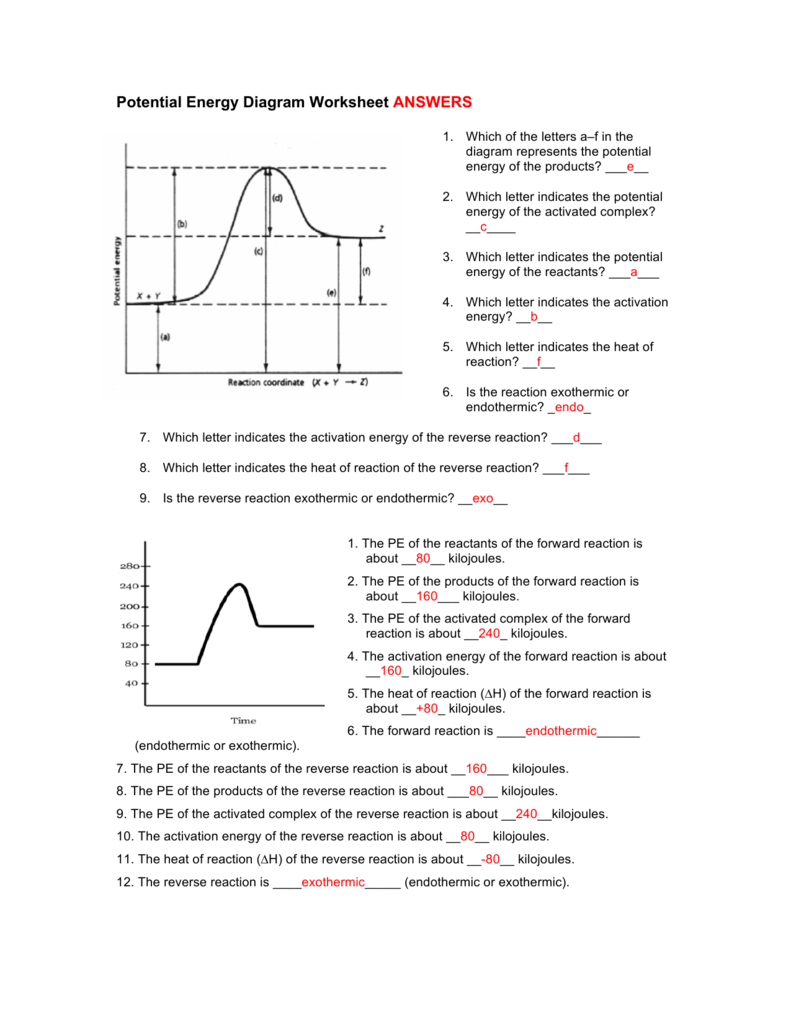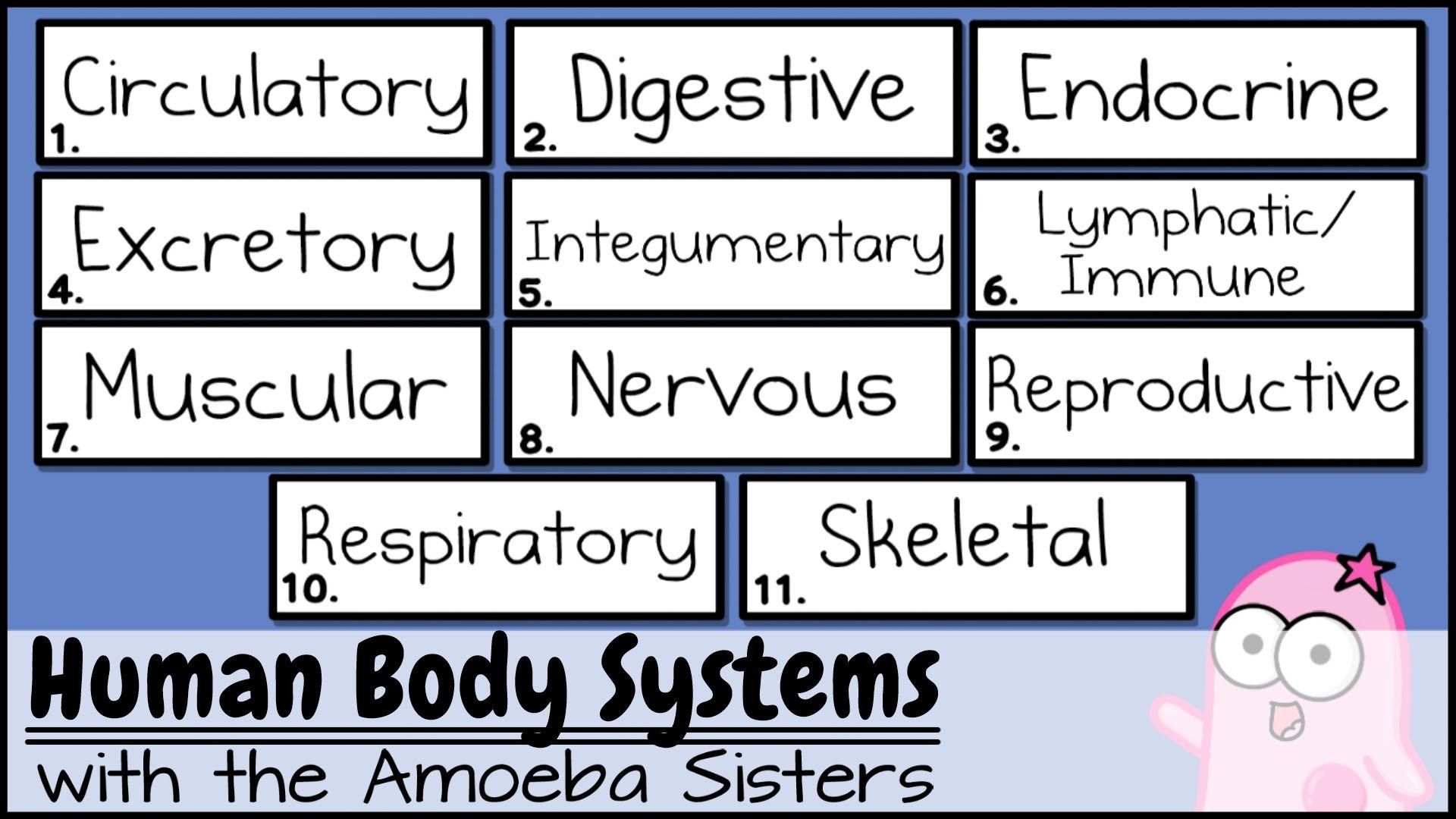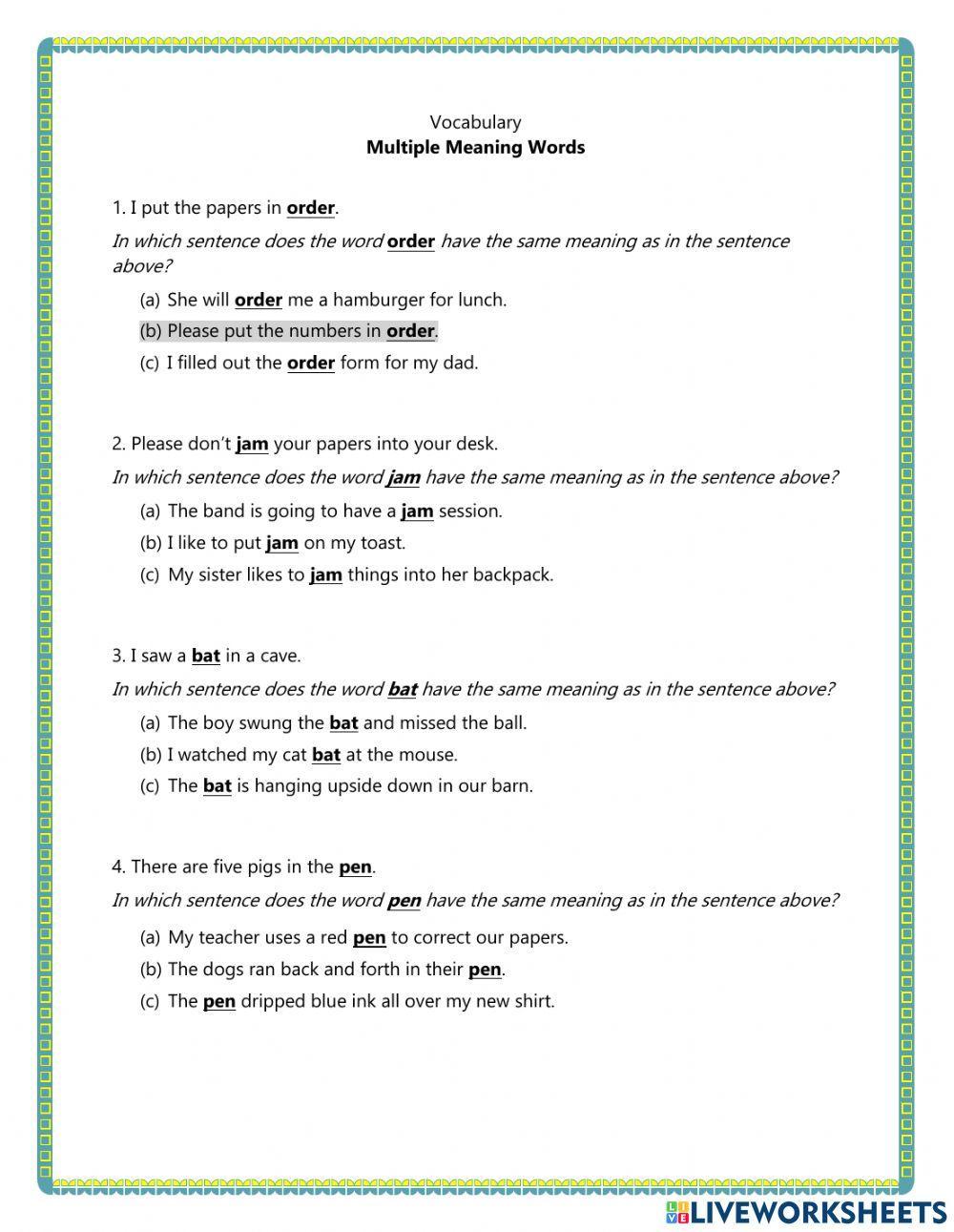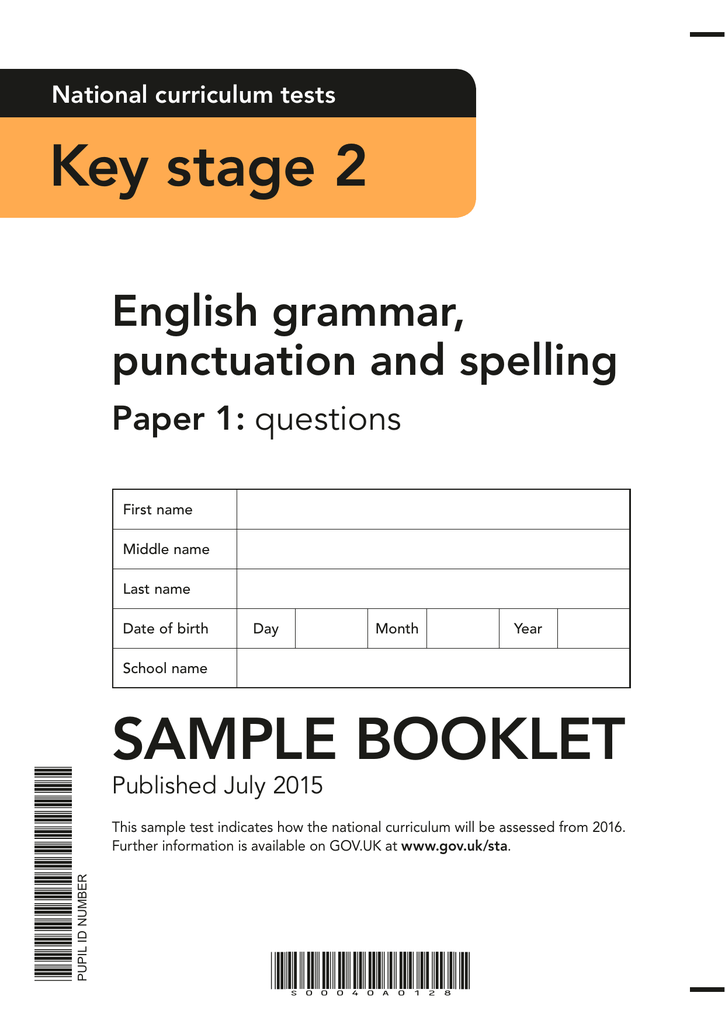7 Essential Irregular Past Tense Verbs to Master
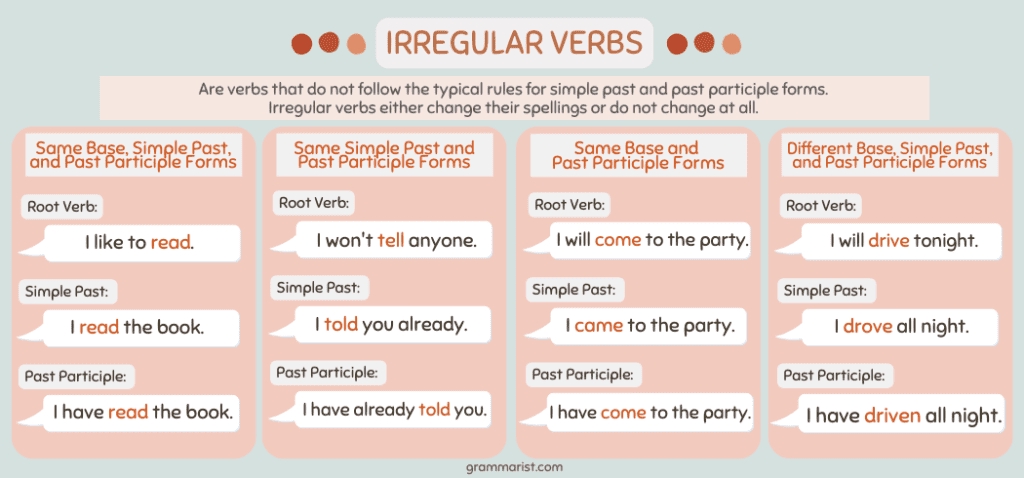
Understanding Irregular Past Tense Verbs
Irregular past tense verbs are a crucial part of the English language, and mastering them can elevate your language skills to the next level. Unlike regular verbs, which follow a predictable pattern to form the past tense, irregular verbs have unique past tense forms that must be memorized. In this article, we will explore seven essential irregular past tense verbs to help you improve your grammar and vocabulary.
Why Are Irregular Past Tense Verbs Important?
Irregular past tense verbs are important for several reasons:
- Improved grammar: Mastering irregular past tense verbs helps you construct grammatically correct sentences in the past tense.
- Enhanced vocabulary: Learning irregular past tense verbs exposes you to new words and phrases, expanding your vocabulary.
- Better communication: Accurate use of irregular past tense verbs enables you to express yourself more clearly and effectively in writing and speaking.
7 Essential Irregular Past Tense Verbs to Master
Here are seven essential irregular past tense verbs to focus on:
- Go - Went
- Example sentence: “I went to the store yesterday.”
- Take - Took
- Example sentence: “She took a break during the meeting.”
- Bring - Brought
- Example sentence: “He brought his laptop to the conference.”
- Buy - Bought
- Example sentence: “They bought a new car last month.”
- Do - Did
- Example sentence: “I did my homework last night.”
- Give - Gave
- Example sentence: “She gave me a gift for my birthday.”
- See - Saw
- Example sentence: “I saw the movie last weekend.”
Tips for Mastering Irregular Past Tense Verbs
Here are some tips to help you master irregular past tense verbs:
- Practice, practice, practice: The more you practice using irregular past tense verbs in sentences, the more likely you are to commit them to memory.
- Use flashcards: Create flashcards with the base form of the verb on one side and the past tense form on the other.
- Read, read, read: Reading books, articles, and news stories can help you encounter irregular past tense verbs in context.
- Listen to podcasts and audiobooks: Listening to podcasts and audiobooks can help you hear irregular past tense verbs in action.
Common Mistakes to Avoid
Here are some common mistakes to avoid when using irregular past tense verbs:
- Using the wrong verb form: Make sure to use the correct past tense form of the verb.
- Confusing similar verbs: Be careful not to confuse similar verbs, such as “go” and “went” with “goes” and “gone”.
📝 Note: It's essential to practice using irregular past tense verbs in context to avoid making mistakes.
Conclusion
Mastering irregular past tense verbs is a crucial step in improving your language skills. By focusing on the seven essential irregular past tense verbs outlined in this article, you can enhance your grammar, vocabulary, and communication skills. Remember to practice regularly, use flashcards, read, and listen to podcasts and audiobooks to reinforce your learning.
What is the difference between regular and irregular past tense verbs?
+Regular past tense verbs follow a predictable pattern to form the past tense, whereas irregular past tense verbs have unique past tense forms that must be memorized.
Why are irregular past tense verbs important?
+Irregular past tense verbs are important for improved grammar, enhanced vocabulary, and better communication.
How can I practice using irregular past tense verbs?
+You can practice using irregular past tense verbs by creating flashcards, reading, listening to podcasts and audiobooks, and practicing with example sentences.
